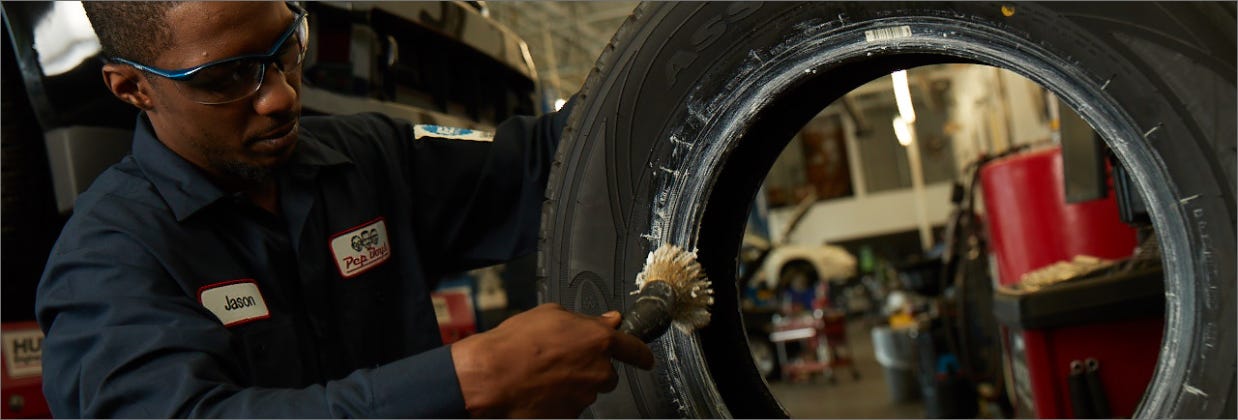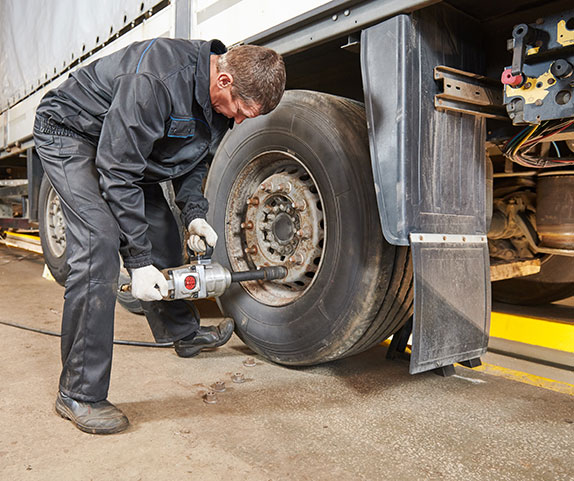Drive with Self-confidence: GMC Tires Service at Morris Tires
Drive with Self-confidence: GMC Tires Service at Morris Tires
Blog Article
Tire Solution: The Impact of Climate Condition
When it involves guaranteeing optimum efficiency and safety and security when traveling, comprehending the influence of climate condition on tire service is crucial. From scorching warm to icy roadways, each climate component can substantially affect tire performance and total driving experience. By diving right into the results of differing climate condition on tires, vehicle drivers can acquire beneficial insights that may improve their automobile's performance and longevity. In this discussion, we will check out the complex partnership in between climate condition and tire service, clarifying the importance of weather-specific tire maintenance methods and factors to consider.
Heat and Tire Performance
When exposed to heats, tires experience adjustments in efficiency that can dramatically influence automobile safety and handling. The warmth produced from prolonged driving or hot weather conditions creates the tire rubber to soften, resulting in decreased tread life and boosted wear. As the rubber becomes softer, the tire's grasp when traveling lessens, impacting braking ranges and total traction. In extreme situations, too much heat can even create tire blowouts, posturing a serious safety danger to the vehicle and its residents.

Cold Weather Impacts
Winter conditions can have a considerable effect on tire performance and security. As temperature levels decline, tire rubber can set, causing lowered traction on icy or snow-covered roads. In cold weather condition, tires may likewise shed air pressure extra rapidly, which can affect dealing with and gas performance. In addition, chilly temperatures can cause tire sidewalls to tense, boosting the threat of damages from pits or various other road risks.
To mitigate the effects of cool weather condition on tires, it is crucial to frequently check tire pressure and inflate them to the supplier's advised levels. Making use of winter or all-season tires created for winter problems can additionally improve traction and hold on icy or snowy roadways. Correct tire upkeep, including routine examinations for wear and damage, comes to be even extra crucial throughout cooler months to guarantee ideal performance and safety and security.
Rainy Issues Influence
Tires with damaged treads are extra prone to hydroplaning, where a layer of water builds up in between the tire and the roadway surface, leading to loss of grip. To battle this, motorists must regularly check their tires for appropriate step deepness and take into consideration spending in tires particularly made for wet problems.
Furthermore, rainy climate can additionally decrease exposure, making it testing for vehicle drivers to see the road ahead plainly (GMC Tire Service). In such conditions, it is vital browse around this web-site to adjust driving rates as necessary and maintain a risk-free complying with range to enable unexpected quits. Properly inflated tires can additionally help in maintaining control on wet roads by offering much better handling and grasp
Snow and Tire Security
Snow-covered roads posture distinct obstacles for drivers, emphasizing the value of correct tire selection and maintenance. When driving in snowy problems, having the right tires can make a substantial distinction in security and performance. Winter months tires are designed with special rubber compounds and walk patterns to give much better traction on snow and ice contrasted to all-season tires. The much deeper footsteps and sipes of winter tires aid grasp the roadway much better, minimizing the danger of slipping and gliding.

Furthermore, drivers need to consider installing tire chains in extreme snowy problems. Tire chains provide extra traction by gripping the snow their explanation and ice, boosting stability and control. It is vital to adhere to supplier instructions when utilizing and installing tire chains to protect against damages to the tires and car (GMC Tire Service). By choosing the ideal tires, preserving appropriate rising cost of living, and taking into consideration added traction help like tire chains, drivers can boost their safety when browsing snow-covered roads.
Weather-Related Tire Maintenance
When confronted with numerous weather problems, proper tire maintenance comes to be a critical element of car security and efficiency. Weather-related tire maintenance incorporates a variety of methods focused on ensuring optimal tire function and long life in various weather condition scenarios. One key aspect of weather-related tire maintenance is tire stress regulation. Rising and fall temperatures can trigger tire stress to vary, affecting traction and fuel performance. Frequently checking and readjusting tire stress according to maker recommendations is crucial for risk-free driving in transforming climate condition. Additionally, tire walk deepness plays a substantial function in managing different weather aspects. Tires with adequate step depth offer better grasp on damp or icy roads, reducing the risk of hydroplaning or skidding. Examining tire step on a regular basis and replacing tires when step wear gets to a particular deepness is important for keeping grip and security in unfavorable climate. By focusing on weather-related tire maintenance, vehicle drivers can boost safety and security, improve lorry efficiency, and extend the life-span of their tires.
Verdict
Finally, weather problems have a considerable influence on tire efficiency and security. From warmth impacting tire stress and use to cool weather lowering grip, it is crucial to consider the weather when preserving and utilizing tires. Stormy problems can decrease grip and cause hydroplaning, while snow can boost the threat of mishaps if tires are not effectively geared up. Weather-related tire maintenance is critical in ensuring optimum performance and safety when driving.
In this discussion, we will certainly explore the complex relationship in between climate conditions and tire service, losing light on the relevance of weather-specific tire maintenance techniques and factors to consider.

Report this page